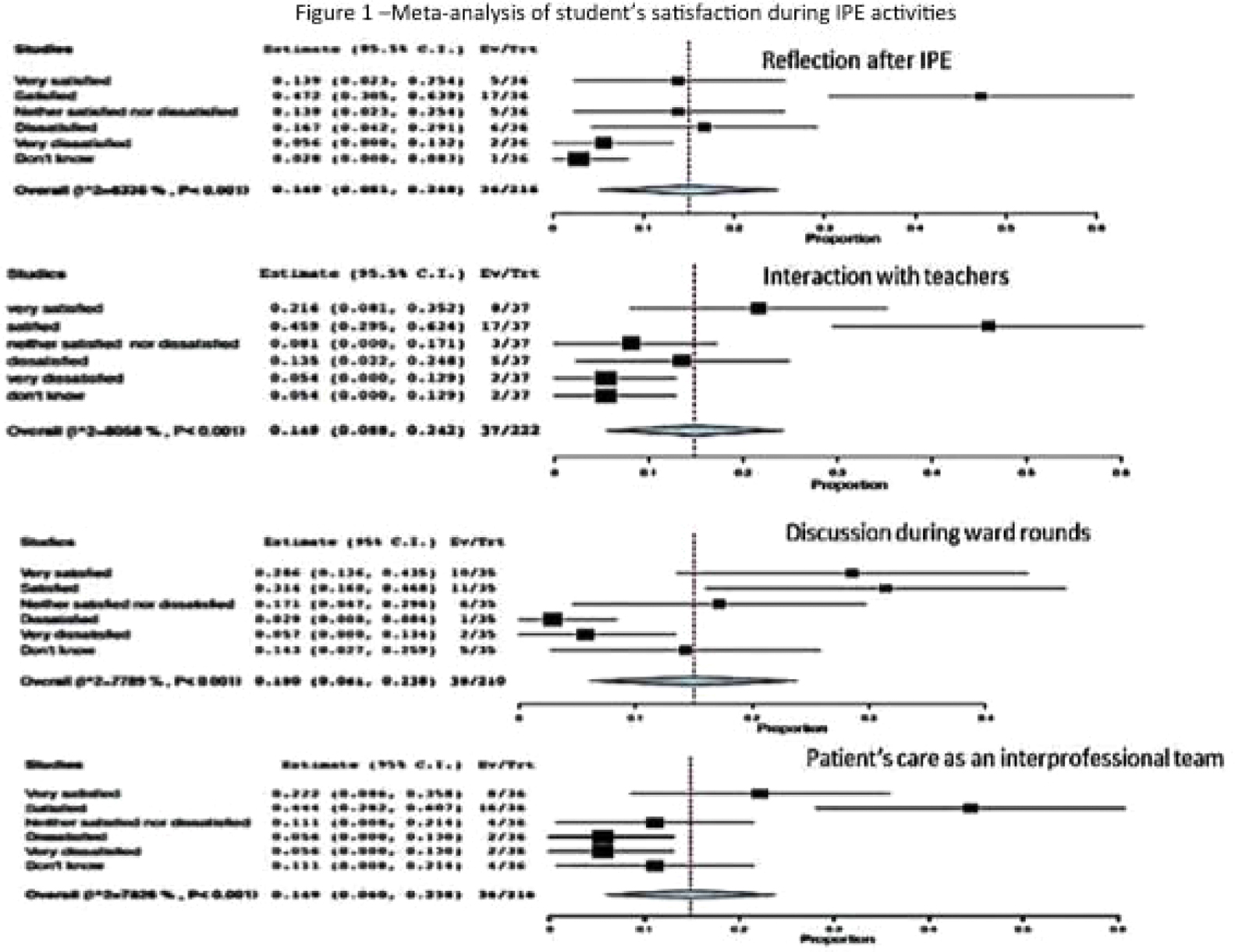
Fig. 1 Meta-analysis of student's satisfaction during IPE activities.
Published online by Cambridge University Press: 23 March 2020
Learning to work in an interprofessional team entails satisfaction in working with others.
Contextual assessment of the degree of satisfaction of undergraduate healthcare students (doctors, nurses, occupational therapists and physiotherapists) during interprofessional education (IPE).
Meta-analysis of degree of satisfaction contextually assessed during major interprofessional learning moments.
Thirty-six undergraduate health care students (medical students, nursing students, occupational therapy students) answered questions on a 5-point Likert scale (from “Very satisfied” to “Very dissatisfied”). A meta-analysis with Tau2 (t2), Cochrane's Q, and I2 analyzed IPE activities: self-reflection after daily training, interactions with teachers, discussion of clinical cases during ward rounds and patient care as a team.
Meta-analysis reported significant heterogeneity in the degrees of satisfaction (Fig. 1): 47.2% being “satisfied” with reflection after IPE, {t2 = .011; Q (5df) = 30.03; I2 = 83%, P < .0001}; 45% being “satisfied” during interactions with their teachers {t2 = .01; Q (5df) = 25.74; I2 = 80%, P < .001}; 31.4% being “satisfied” about the discussion of a clinical case during ward rounds {t2 = .009; Q (5df) = 22.61; I2 = 77.89%, P < .001}; and 44.4% being “satisfied” about patient care with the interprofessional team {t2 = .009; Q (5df) = 22.99; I2 = 78.25%, P < .001}.
Undergraduate students show satisfaction with IPE activities. This helps improve the quality of care and teamwork in the busiest wards.
The authors have not supplied their declaration of competing interest.

Fig. 1 Meta-analysis of student's satisfaction during IPE activities.

Fig. 1 Meta-analysis of student's satisfaction during IPE activities.
Comments
No Comments have been published for this article.